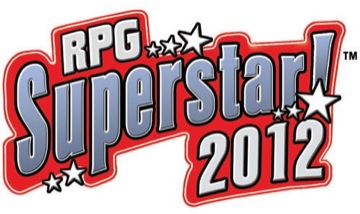| Curaigh Star Voter Season 6, Dedicated Voter Season 7, Marathon Voter Season 8, Marathon Voter Season 9 |
 Jeff Erwin
Contributor
,
Star Voter Season 6
Jeff Erwin
Contributor
,
Star Voter Season 6
|
So many of Mark's points here can be applied to even homebrew work for your gaming table - discipline in terms of your work makes it not only manageable as a complete project, but probably a tighter use of the time you have - that the advice really is useful for any GM who likes to plan out things, and have the story progress at a decent clip.
| Anthony Adam Marathon Voter Season 6, Marathon Voter Season 7, Marathon Voter Season 8, Dedicated Voter Season 9 |
Adventure Path Charter Subscriber; Pathfinder Rulebook, Starfinder Adventure Path, Starfinder Maps, Starfinder Roleplaying Game Subscriber

Neil Spicer wrote:
Mark Moreland wrote:And now that I’ve fully channeled Neil Spicer with my lengthy post...Lengthy? You think four meager bullet points make a lengthy post? Please. Amateur. ;-P
Template Fu comes out of hibernation and informs you that you have provided another last minute meal, he grins wickedly and explains...
To fully channel Neil, you are missing one important thing aspect... embedded explosive runes!
Template Fu curls up around his newly acquired points and starts to snooze contentedly :P





